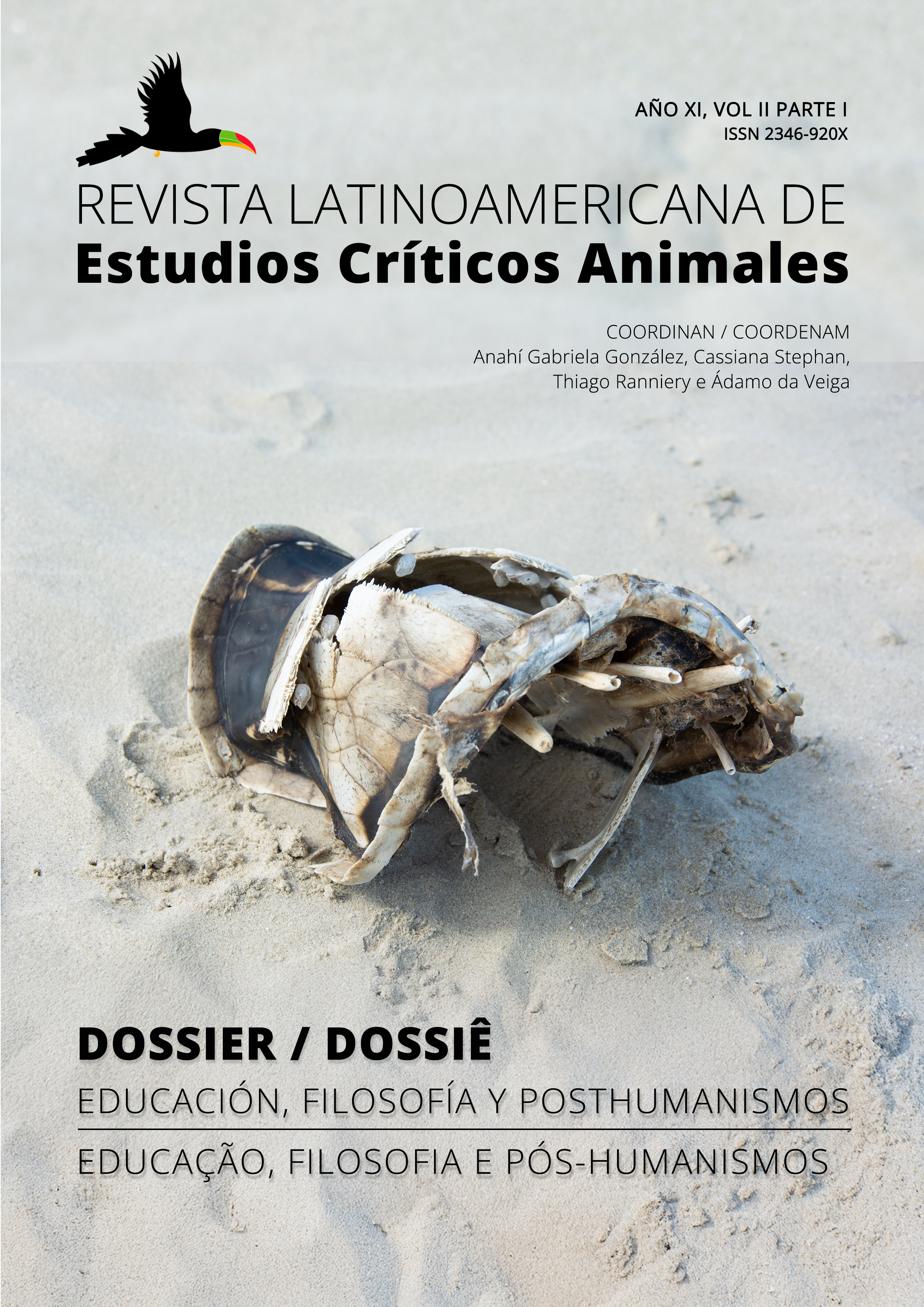Animals as a living commodity
Keywords:
Capital, Nature, Living Commodity, Crisis.Abstract
In this century, globalization and capitalism have entered a cycle of expansion. However, this expansion is reflected not only in the capital-labor relationship, but also in the subordination of nature. Under this dynamic, ecosystems, considered unlimited resources, are exploited without considering their depletion or environmental costs. The economy, centered on monetary value, underestimates natural limits and the costs of environmental degradation. In this context, animals become living commodities, exploited without regard for their welfare or ecological balance. Although traditional economic theory does not adequately address these problems, the environmental crisis poses clear limits to capitalist growth, which could lead to a conflict between social forces and nature.
References
Barkin, D. (2012). “La significación de una Economía Ecológica radical”. Revista Iberoamericana de Economía Ecológica, 19, 1-14.
Brenner, R. (2006). What is, and what is not, imperialism? Historical Materialism, 14(4), 79–105. Koninklijke Brill NV. https://www.brill.nl
Crespo, A. (2013). “La mirada del otro: lo que nos dicen los animales”. En Los otros animales: vida o mercancía. Viento Sur, 126, 81-90.
Dos Santos, T. (2011). Imperialismo y dependencia. Fundación Biblioteca Ayacucho. ISBN 978-980-276-490-7.
Dussel, E. (2013). 16 tesis de Economía Política. Buenos Aires: Docencia.
Favre, D. (2017). “Animals as Living Property”. En The Oxford Handbook of animal studies. Oxford: Oxford University Press.
Foster, J. B. (2000). Marx's Ecology: Materialism and Nature. New York: Monthly Review Press.
Foster, J. B. (2009). The Ecological Revolution: Making Peace with the Planet. New York: Monthly Review Press.
Foster, J. B., Clark, B., & York, R. (2010). The Ecological Rift: Capitalism’s War on the Earth. New York: Monthly Review Press.
Georgescu-Roegen, N. (1971). The entropy law and the economic process. Harvard University Press.
Gilly, A. Roux, R. (2008). “El despojo de los cuatro elementos”. Rebelio. Recuperado de https://rebelion.org/el-despojo-de-los-cuatro-elementos/
Gudynas, E. (2003). “El impacto de la mercantilización de la naturaleza en la investigación y la sustentabilidad”. Simposio Internacional “Prioridades de Investigación Científica sobre Recursos Naturales Renovables para el Desarrollo Sostenible”, Carmen Miranda Larrea (editora). Ministerio Desarrollo Sostenible (Bolivia) e Instituto Conservación Biodiversidad, Academia de Ciencias de Bolivia, La Paz, pp. 147-155.
Harvey, D. (1990). Los límites del capitalismo y la teoría marxista. México: Fondo de cultura Económica.
International Union for Conservation of Nature (IUCN). (2023). The IUCN Red List of Threatened Species. Version 2023-1. Available at: https://www.iucnredlist.org
Marx, K. (1844). Manuscritos económicos y filosóficos. Biblioteca Virtual Universal. Recuperado de https://www.biblioteca.org.ar/libros/157836.pdf
Marx, K. (2008). El Capital. México: Siglo veintiuno editores.
Polanyi, K. (2007). La gran transformación: crítica del liberalismo económico. Madrid: Quipu editorial.
Prigogine, I. (1997). “El fin de las certidumbres”. Santiago: Editorial Andrés Bello.
Saito, K. (2017). Karl Marx's Ecosocialism: Capital, Nature, and the Unfinished Critique of Political Economy. New York: Monthly Review Press.
Saito, K. (2018). “Ganancia, Elasticidad y Naturaleza”. Marxismocritico. Recuperado de https://marxismocritico.com/2018/11/26/ganancia-elasticidad-y-naturaleza/
Stiglitz, J. (2000). La economía del sector público. Barcelona: Antoni Bosch editor.
World Wildlife Fund (WWF). (2022). Living Planet Report 2022: Building a nature-positive society. Gland, Switzerland: WWF. Available at: https://livingplanet.panda.org/
Downloads
Published
Issue
Section
License
Copyright (c) 2024 Revista Latinoamericana de Estudios Críticos Animales

This work is licensed under a Creative Commons Attribution-NonCommercial-ShareAlike 4.0 International License.
La Revista Latinoamericana de Estudios Críticos Animales con ISSN 2346-920X se adhiere a las diferentes iniciativas que promueven el acceso libre al conocimiento, por lo que todos los contenidos de la misma son de acceso libre y gratuito y publicados bajo la licencia Creative Commons, que permite su difusión pero impide la alteración de la obra e incluye siempre mención al autor/a y fuente.
Es decir, una licencia de tipo Atribución-NoComercial-SinObraDerivada.
Por ello, los correos electrónicos de los autores se encontrarán a disposición de los lectores, en caso de que deseen contactarlos personalmente.




